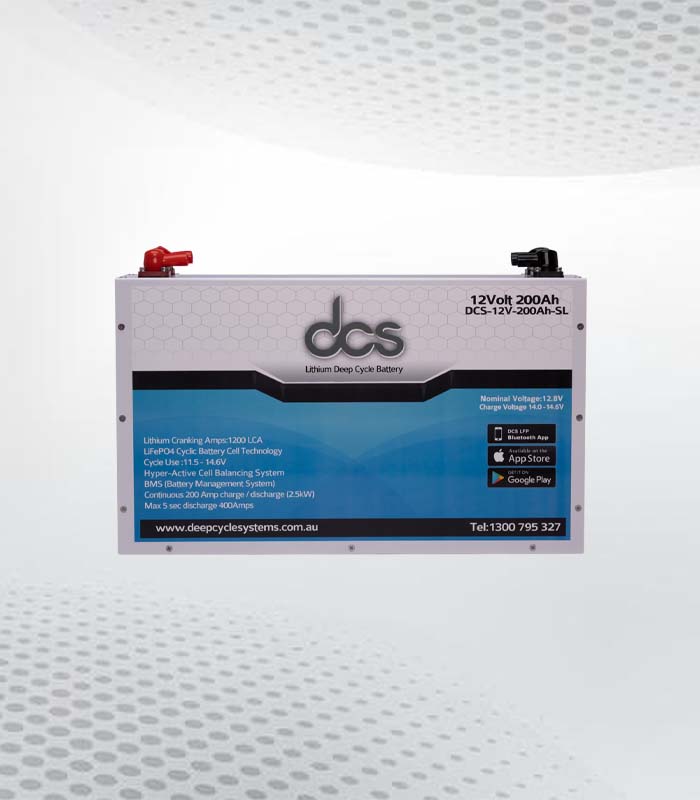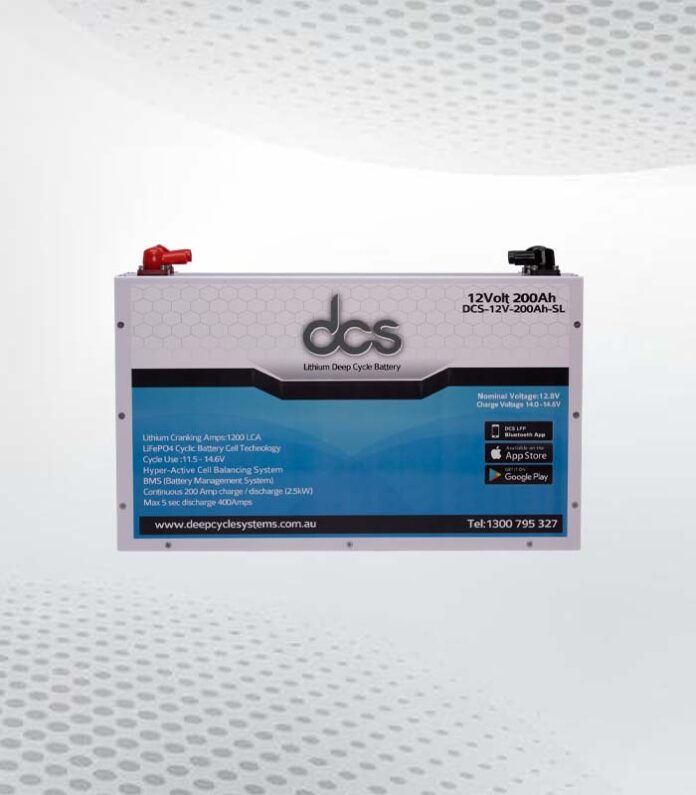The 18-volt lithium-ion battery has revolutionized the power tool industry, offering a lightweight and high-performance power source for many tools. This section will provide an overview of the 18 Volt Lithium Battery and how it works. The 18-volt lithium-ion battery is a rechargeable power source commonly used in cordless power tools. It utilizes lithium-ion technology, which provides a high energy density, long cycle life, and a slow loss of charge when not in use.
Understanding 18 Volt Lithium Ion Batteries
To truly understand the 18-volt lithium-ion battery, it’s important to delve into its inner workings and the science behind its performance. This section will provide an in-depth look at the technology and construction of 18-volt lithium-ion batteries.
The lithium-ion cell is at the heart of the 18-volt lithium-ion battery, which is the primary energy storage component. These cells are constructed using a combination of lithium cobalt oxide, lithium manganese oxide, or lithium iron phosphate, depending on the specific requirements of the battery. Lithium-ion technology allows for a high energy density, meaning that the battery can store much energy in a relatively small, lightweight package.
The construction of the 18-volt lithium-ion battery also includes a battery management system (BMS) that regulates the charging and discharging of the battery to ensure optimal performance and safety. Additionally, the battery is housed in a durable and impact-resistant casing, protecting the rigors of job site use.
Advantages Of 18 Volt Lithium Ion Batteries
The 18-volt lithium-ion battery offers many advantages over traditional nickel-cadmium (NiCd) and nickel-metal hydride (NiMH) batteries. This section will explore the benefits of the 18-volt lithium-ion battery being a superior choice for powering tools.
One of the primary advantages of the 18-volt lithium-ion battery is its high energy density, allowing it to store more energy in a smaller and lighter package than other battery types. This results in a longer runtime and reduced fatigue for the user, as they can work for longer periods without frequently recharging or replacing the battery.
Another key advantage of the 18-volt lithium-ion battery is its minimal self-discharge rate, meaning it retains its charge for longer periods when not in use. This is particularly beneficial for intermittent tool use, as the battery will be ready to go whenever needed without needing pre-charging.
Common Applications Of An 18v Lithium Battery
The 18-volt lithium-ion battery is a versatile power source that finds application in a wide range of tools and equipment. This section will highlight the common applications of the 18v Lithium Battery and its impact on various industries and activities.
18-volt lithium-ion batteries are commonly used to power cordless drills, impact drivers, circular saws, reciprocating saws, and other power tools in construction, woodworking, and metalworking applications. The high power output and energy density of the 18-volt lithium-ion battery make it an ideal choice for these demanding tasks, providing the necessary performance and runtime to get the job done.
 In addition to professional applications, the 18-volt lithium-ion battery is also widely used in DIY and home improvement projects, offering the convenience of cordless operation without sacrificing power or performance. From assembling furniture to tackling outdoor projects, the 18-volt lithium-ion battery enables users to work efficiently and effectively without being tethered to a power outlet.
In addition to professional applications, the 18-volt lithium-ion battery is also widely used in DIY and home improvement projects, offering the convenience of cordless operation without sacrificing power or performance. From assembling furniture to tackling outdoor projects, the 18-volt lithium-ion battery enables users to work efficiently and effectively without being tethered to a power outlet.
Factors To Consider When Choosing An 18-Volt Lithium Ion Battery
Selecting the right 18-volt lithium-ion battery for your tools ensures optimal performance and longevity. This section will discuss the key factors to consider when choosing an 18-volt lithium-ion battery, helping users make informed decisions based on their needs.
When choosing an 18-volt lithium-ion battery, it’s important to consider the ampere-hour (Ah) rating, which indicates the capacity and runtime of the battery. Higher Ah ratings provide longer runtime, making them suitable for extended use and high-demand applications. However, it’s essential to balance the Ah rating with the weight and size of the battery, as higher-capacity batteries may be bulkier and heavier.
Another important factor to consider is the compatibility of the 18-volt lithium-ion battery with the tools it will power. Different manufacturers may have unique battery designs and connections, so it’s essential to ensure that the battery is compatible with the specific tool model to avoid compatibility issues or potential damage to the tool or battery.
Maintenance And Care Tips For Large Lithium Ion Battery
Proper maintenance and care are essential for maximizing the performance and lifespan of a Large Lithium Ion Battery. This section will provide valuable tips and best practices for maintaining and caring for large lithium-ion batteries, ensuring they remain reliable and safe throughout their service.
Proper storage and temperature management is one of the most crucial aspects of large lithium-ion battery care. Storing the battery in a cool, dry place away from direct sunlight and extreme temperatures will help preserve its charge and prevent degradation of the internal components. Additionally, it’s important to avoid storing the battery in a fully discharged state, as this can lead to irreversible capacity loss over time.
Regular charging and discharging cycles can also help maintain the health of large lithium-ion batteries. Periodically using and recharging the battery prevents the build-up of crystalline structures within the cells, which can impede performance and reduce overall capacity. However, it’s important to avoid deep discharges, as these can cause undue stress on the battery and impact its long-term reliability.
Comparing 18 Volt Lithium Ion Batteries With Other Battery Types
Compared to other battery types such as nickel-cadmium (NiCd) and nickel-metal hydride (NiMH), the 18-volt lithium-ion battery offers distinct advantages, making it a preferred choice for powering tools. This section will comprehensively compare the 18-volt lithium-ion battery with other battery types, highlighting the specific performance, safety, and environmental benefits.
One of the key advantages of the 18-volt lithium-ion battery over NiCd and NiMH batteries is its higher energy density, which allows it to store more energy in a smaller and lighter package. This results in a longer runtime and reduced weight for tools powered by 18-volt lithium-ion batteries, enhancing user comfort and productivity.
Additionally, the 18-volt lithium-ion battery does not suffer from the memory effect that plagues NiCd batteries, meaning it can be recharged at any time without requiring complete discharge. This flexibility allows users to top up the battery whenever convenient, without worrying about diminishing capacity or performance over time.
The Evolution Of Large Lithium-Ion Batteries
The ongoing demand for higher energy density, improved safety, and longer cycle life has driven the development and evolution of large lithium-ion batteries. This section will explore the key milestones and advancements in the evolution of large lithium-ion batteries, detailing the technological breakthroughs and innovations that have shaped their current state.
The evolution of large lithium-ion batteries has been marked by significant advancements in electrode materials, electrolytes, and cell design, aiming to improve performance, safety, and energy density. The transition from cobalt-based cathodes to nickel-manganese-cobalt (NMC) and nickel-cobalt-aluminum (NCA) chemistries has contributed to higher energy densities and improved thermal stability, enabling the use of large lithium-ion batteries in a wider range of applications.
In addition to improvements in chemistry, the design and construction of large lithium-ion batteries have also evolved to enhance safety and reliability. Innovations such as solid-state electrolytes, advanced cell monitoring systems, and thermal management technologies have helped mitigate the risk of thermal runaway and improve the overall safety of large lithium-ion batteries in demanding applications.
Innovations And Trends In 18-Volt Lithium Ion Battery Technology
The 18-volt lithium-ion battery technology field is constantly evolving, driven by the need for higher performance, increased safety, and enhanced user experience. This section will explore the latest innovations and trends in 18-volt lithium-ion battery technology, highlighting the advancements shaping the future of cordless power tools.
One of the key trends in 18-volt lithium-ion battery technology is the integration of smart electronics and connectivity features, allowing users to monitor battery status, performance, and usage data in real-time. This enables better management of tool fleets, predictive maintenance, and enhanced safety by providing insights into battery health and usage patterns.
Another notable innovation in 18-volt lithium-ion battery technology is the development of fast-charging solutions that reduce downtime and improve productivity for professional users. Rapid charging technologies, such as high-current chargers and advanced charging algorithms, enable users to quickly replenish the battery’s charge without compromising long-term battery health or safety.
Choosing The Right 18-Volt Lithium Ion Battery For Your Tools
Selecting the right 18-volt lithium-ion battery for your tools is a critical decision impacting performance, reliability, and user satisfaction.
When choosing an 18-volt lithium-ion battery, it’s important to assess the specific power and runtime requirements of the tools it will be used with. Tools that demand higher power output or longer runtime will benefit from higher capacity batteries, while standard capacity options may adequately serve lighter-duty applications.
In addition to capacity considerations, users should also consider the tool’s overall ergonomics and weight balance when paired with the 18-volt lithium-ion battery. A well-balanced combination of tool and battery can enhance user comfort and control, particularly during extended use or overhead applications.
FAQs
Q: Can I use an 18 volt lithium battery in tools that previously used NiCd or NiMH batteries?
A: In some cases, it may be possible to retrofit tools designed for NiCd or NiMH batteries to accept 18-volt lithium-ion batteries. However, it’s essential to ensure the tool’s electrical and mechanical compatibility with the new battery to avoid safety hazards or damage.
Q: Are all 18 volt lithium ion batteries compatible with the same chargers?
A: While many 18-volt lithium-ion batteries may be compatible with a range of chargers from the same manufacturer, it’s important to verify the compatibility to prevent damage to the battery or charger. Always consult the manufacturer’s guidelines for the recommended charger model for a specific battery.
Q: How can I maximize the lifespan of my 18 volt lithium battery?
A: Proper storage, regular use, and adherence to recommended charging practices can help maximize the lifespan of an 18 volt lithium ion battery. Avoiding deep discharges, extreme temperatures, and overcharging can also contribute to the long-term health and performance of the battery.
Conclusion
The 18-volt lithium-ion battery has redefined the capabilities of cordless power tools, offering a powerful, lightweight, and long-lasting energy source for professional and DIY applications. Understanding the technology, advantages, and considerations of 18-volt lithium-ion batteries is essential for making informed decisions and maximizing the performance of tools.
This Article Was First Published On
| Other Good Articles to Read |
| Cme Blog Spot |
| Garcias Blogs |
| Yyc Blogs |
| Guiade Blogs |
| Blogs-Hunt |
| Impact-Blog |
| Smarty Blogs |
| Ed Blog |
| Mo Blogs |
| Blogs Em |
| Blog St |
